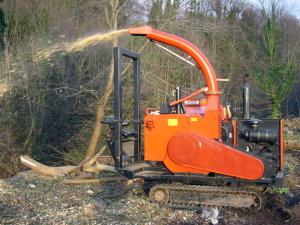 Question: Someone in a class I’m taking said my mystery needs to be more plot-driven. How can I tell if she’s right and if she is, how do I fix it?
Question: Someone in a class I’m taking said my mystery needs to be more plot-driven. How can I tell if she’s right and if she is, how do I fix it?
Answer: Well there are two kinds of mystery. Plot-Driven means it’s all about what happens and the investigating character does not change. Most mysteries used to always be this way. Character-driven mystery is about characters that change and grow over the story, or even over the series.
The plot-driven mystery is all about the puzzle. Sherlock Holmes is always his superior, calculating, self. At least he is until he meets “The Woman.” And even afterward any emotion or resulting change in his personality is never part of a Sherlock Holmes story. Yes, it is important to have a good puzzle for the reader to solve. And your reader might be telling you that the puzzle might be a tad transparent. If that seems reasonable to you, lay some more false trails, leave some false clues to lead the reader to a false conclusion or two. Continue reading “Plot-Driven Mystery by Arline Chase“



 My writing is very character based. Character development is more important to me than any other aspect of writing…commas included. Now, to be fair, this is the way I have always written. I don’t know why. Psychology is far more interesting to me than crazy plot twists or unicorns. My novel,
My writing is very character based. Character development is more important to me than any other aspect of writing…commas included. Now, to be fair, this is the way I have always written. I don’t know why. Psychology is far more interesting to me than crazy plot twists or unicorns. My novel,